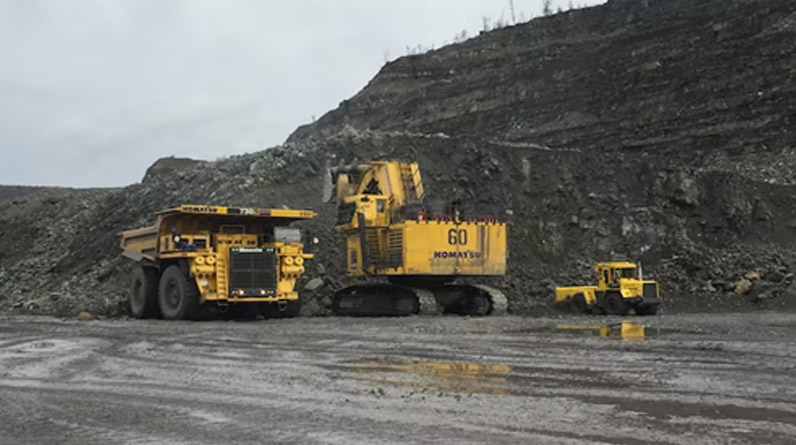Running a construction company means you’ll need a variety of different machinery to get the job done effectively. That means having a considerable amount of capital on hand to buy these machines.
While many construction company owners search for used excavators for sale, others prefer to rent machines as they’re needed. Buying is a wise investment, since excavators are so important to most construction project. But, for companies on a tight budget, using machines for hire is often the more economical solution.
Pointers to Consider Before Renting
While the process of renting is the perfect option for companies working with limited funds, it can be difficult to find the right agency to hire from. In some instances, hidden costs and inaccurate information about the condition of machines can turn a simple process into a frustrating nightmare which may leave you behind schedule. To avoid this, our experts have a few recommendations before choosing a rental company.
1. Know Exactly What You Need
Keep in mind that choosing the most expensive equipment doesn’t always guarantee excellent performance or equipment value. Rather, it’s about how appropriate equipment is for the task.
Therefore, before you start approaching rental companies, know what you need. What type of machine do you need to get the job done efficiently? Discuss your needs and budget with a few potential agencies to assess the types of machinery they have on hand.
2. Choose a Hire Company Located Near You
Sometimes project managers tend to overlook logistics to get the best deal. That might work for some, but it does have its drawbacks. Think about the delays that will be created by not having your machinery reach you on time.
Our experts suggest that wherever possible, you should try and use an equipment hire company located as close to the job site as possible. This will prevent many potential delays in receiving the machinery on time.
3. Always Insist on Dealing With Trained Professionals
No matter what company you eventually decide to use, insist on dealing with a trained professional. While the salesman of the month might be able to rattle off all the specs the machine has, you need to talk to the guy who knows whether or not the machine can really be used for what you need. In many instances, this requires checking if the engine power, capacity and technology onboard will benefit your project. Only someone with experience can give insight on these topics.
4. Consider the Latest Models with Upgraded Safety Features
To get the job done in the most efficient way possible, consider modern machinery that boasts the latest safety features. These machines are also more likely to have the latest technologies on board which will get the job done in the quickest time possible. While they may cost a little more to hire, you’ll get the peace of mind of knowing that the job will get done either on time or ahead of schedule, while keeping the work site safe.
5. Consider Local Regulations
If you work all across Australia, consider that state regulations for the use, hire and maintenance of machinery may differ. With this in mind, it’s important to ensure that the rental company you’re going to use adheres to local regulations. The last thing you need is to deal with unnecessary delays caused by regulations that haven’t been met.
6. Request an Equipment Test
Always be wary of a company that won’t let you test the equipment you want to hire, or at the very least, see it in action. Testing equipment is especially important for jobs that will involve lifting heavy weights.
Tip: be sure to enquire about the accessories needed to use the machine. Will they be included in the hire contract, or will you need to rent them separately?
7. Understand the Fine Print
Whether you’re considering a skid steer for sale or simply renting a machine for a short term, it’s important to always read the fine print of the contract. This includes understanding the various provisions and exclusions stipulated in the contract.
To avoid having to deal with unforeseen issues down the road, be sure to enquire about the following:
- What are the terms and conditions?
- Are there any additional costs such as admin fees that aren’t stipulated in the original quote?
- What are the criteria to follow if a machine breaks during use and will a replacement unit be available?
- Does the machine hire or sale include transport to and from the site? Is there an additional charge for this?
- What is the maximum rental period and what are the criteria to follow if this needs to be extended due to unforeseen circumstances?
Final Thought
For many companies, rental is a more cost-effective option. It allows you to rent the machine for the days that you’re actually going to use it and avoids machinery standing idle in a garage. It also eliminates the stress of maintenance and service costs and reduces downtime. Keep our tips in mind to ensure your rental process is hassle-free!



